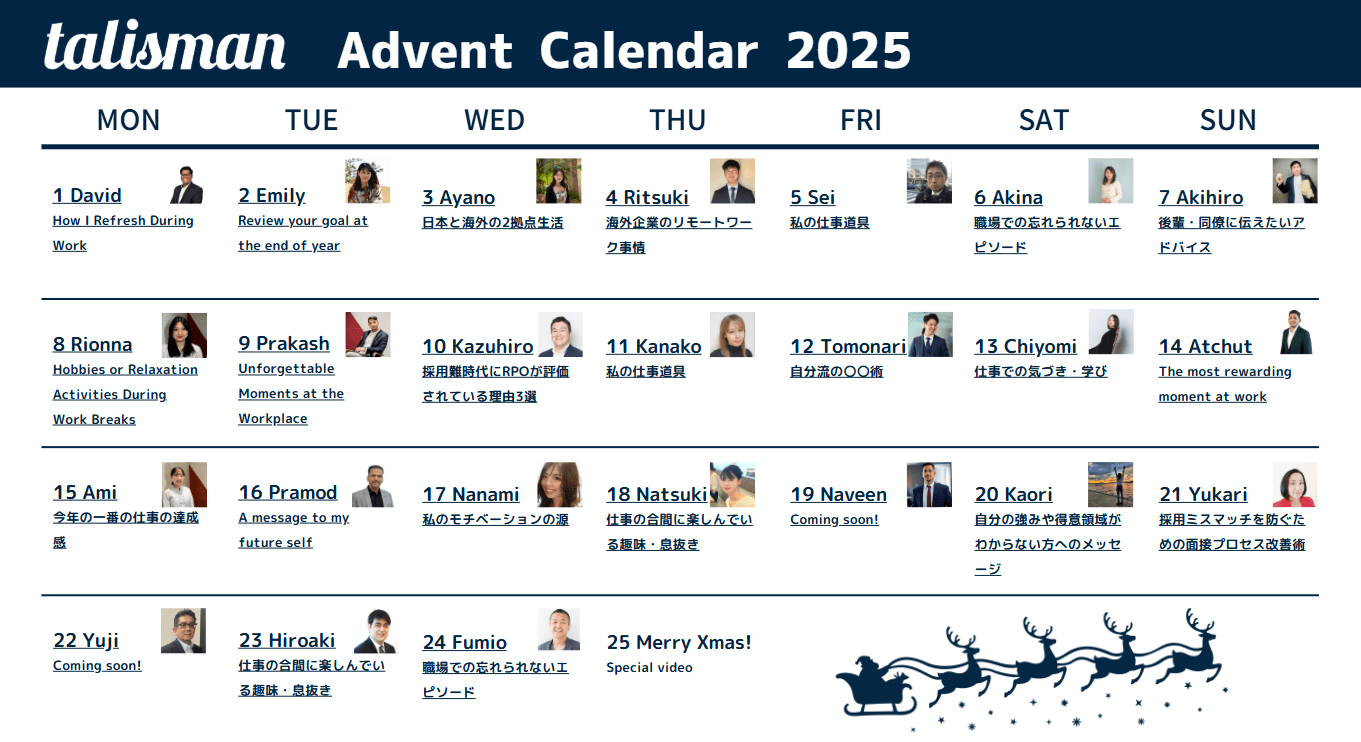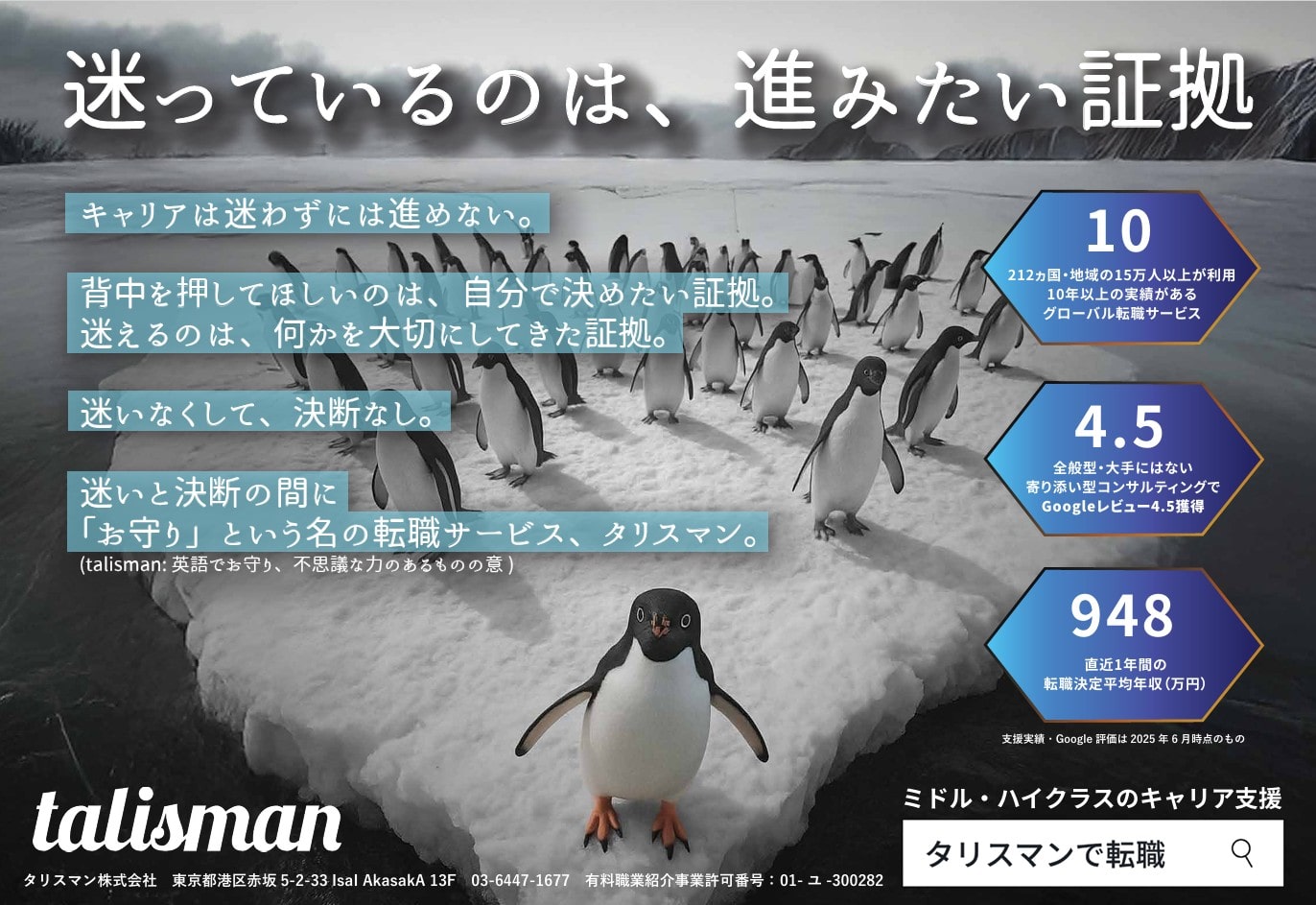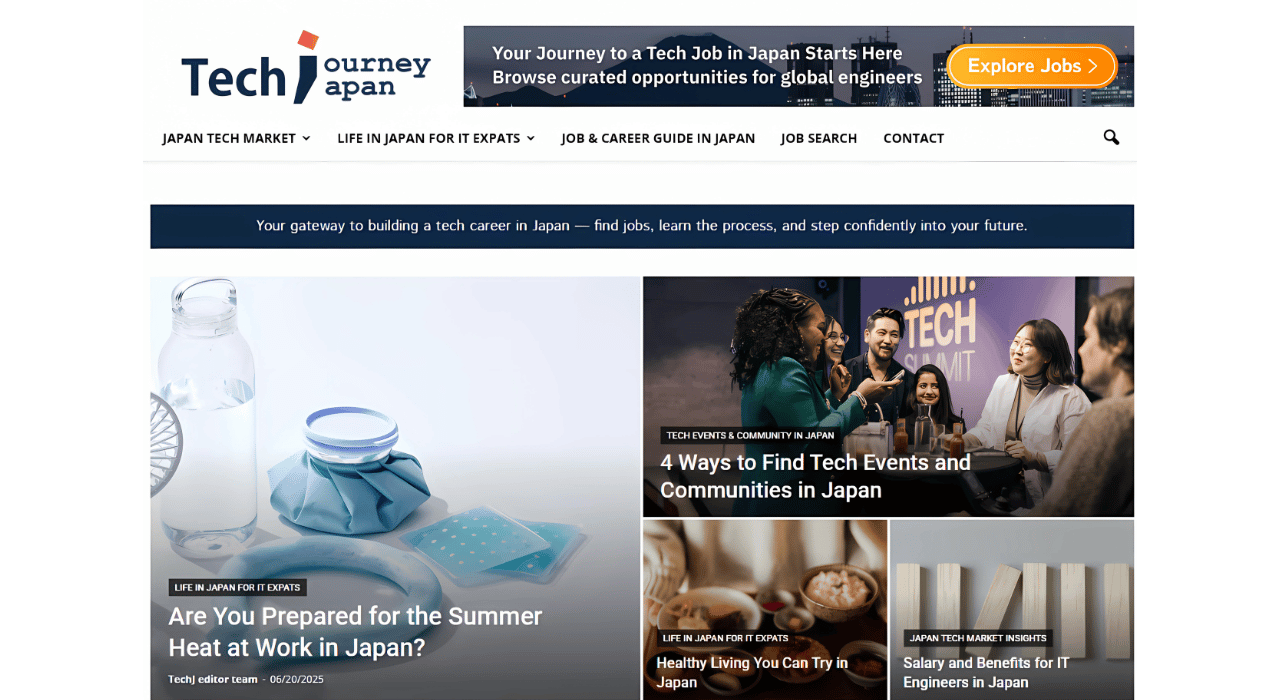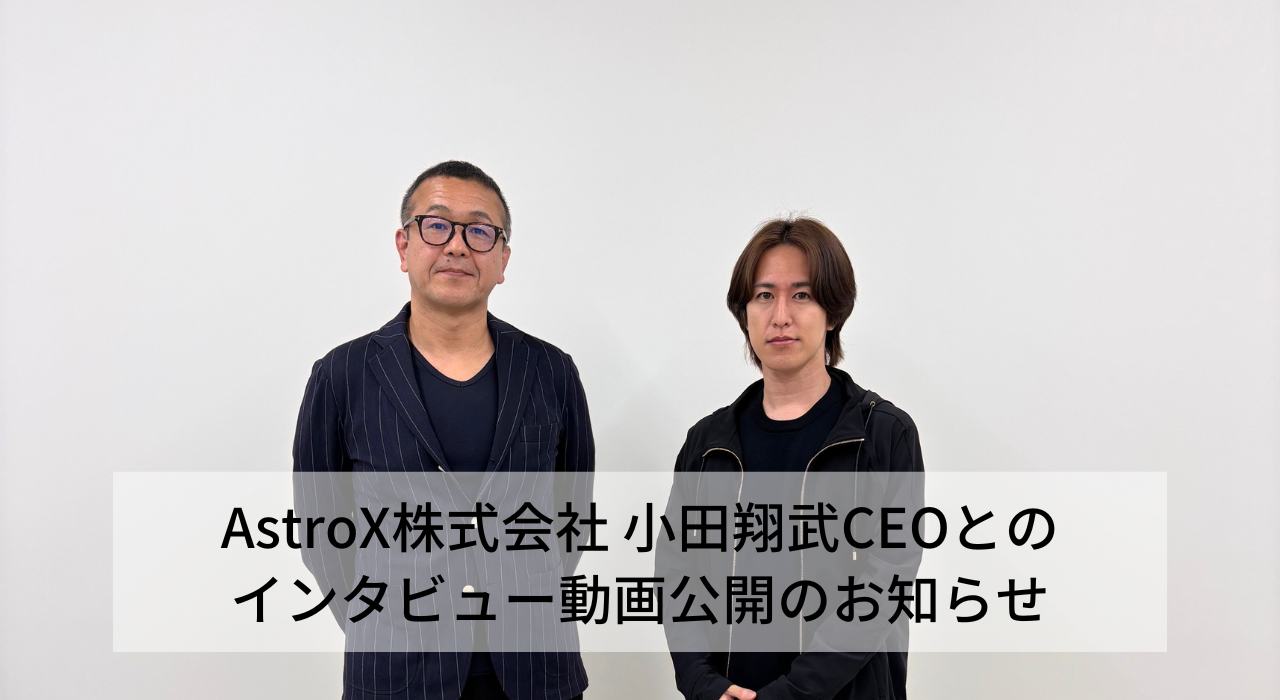Japan’s Unique Medical Market Opportunity
Written by Carlos Cortes

Japan offers a unique view into the future of developed countries, as they possess the largest senior population in the world. With more than 27% of the country’s population over the age of 65, Japan’s medical industry is quickly evolving to cater to the first mass senior market. As developed countries progress, they will follow in the footsteps of Japan with a growing senior market. By the year 2030, Germany and Italy are projected to face a similar population distribution as current day Japan, with 28.1% and 28.7% over the age of 65 respectively, with more European and North American countries to follow suit later on. By entering the Japanese market, multinational healthcare companies will be able to optimize their services for upcoming senior populations.
The Japanese government is capitalizing on this opportunity too. Several reforms and incentives have been put into action in order to spur investment into the Japanese medical market. In 2014 the Pharmaceutical and Medical Device (PMD) act came into action to help align Japanese medical regulations with other major market regulations in order to smoothen out approval processes. Other incentives such as reduced taxes and more subsidy opportunities have been put in place to draw multinational companies to Japan.
In terms of actual products, Japan is already seeing lots of development in the senior medical market. Philips, a Dutch electronics company, has multiple university partnerships aimed at creating a “Hospital to Home” solution that allows seniors to stay at home rather than spending money on care facilities. Products include monitoring equipment, ventilation systems, and sleep therapy machines. Other systems being put into practice are cloud based patient records, remote monitoring systems, and self-care devices.
Pharmaceutical companies are entering the race as well. Efforts to combat chronic diseases such as Alzheimer’s and various cancers are in effect. Teijin Pharma recently developed and is currently testing a new candidate drug to combat Alzheimer’s disease, the number one cause of death to the Japanese population. Meanwhile, the Japanese National Cancer Center and Carna Biosciences have joined forces in a collaborative effort to develop anti-cancer drugs.
Japan’s life science market will continue to grow in the near future, as more companies enter and attempt to familiarize themselves with the senior market. Multinational life science companies should involve themselves in this opportunity before its too late.
Sources:
https://www.populationpyramid.net/hnp/population-ages-65-and-above-of-total/2016/japan/
http://www.healthdata.org/japan
https://hbr.org/sponsored/2018/03/why-the-pharmaceutical-industry-is-booming-in-japan
https://www.ncc.go.jp/en/information/press_release/20180507/index.html





